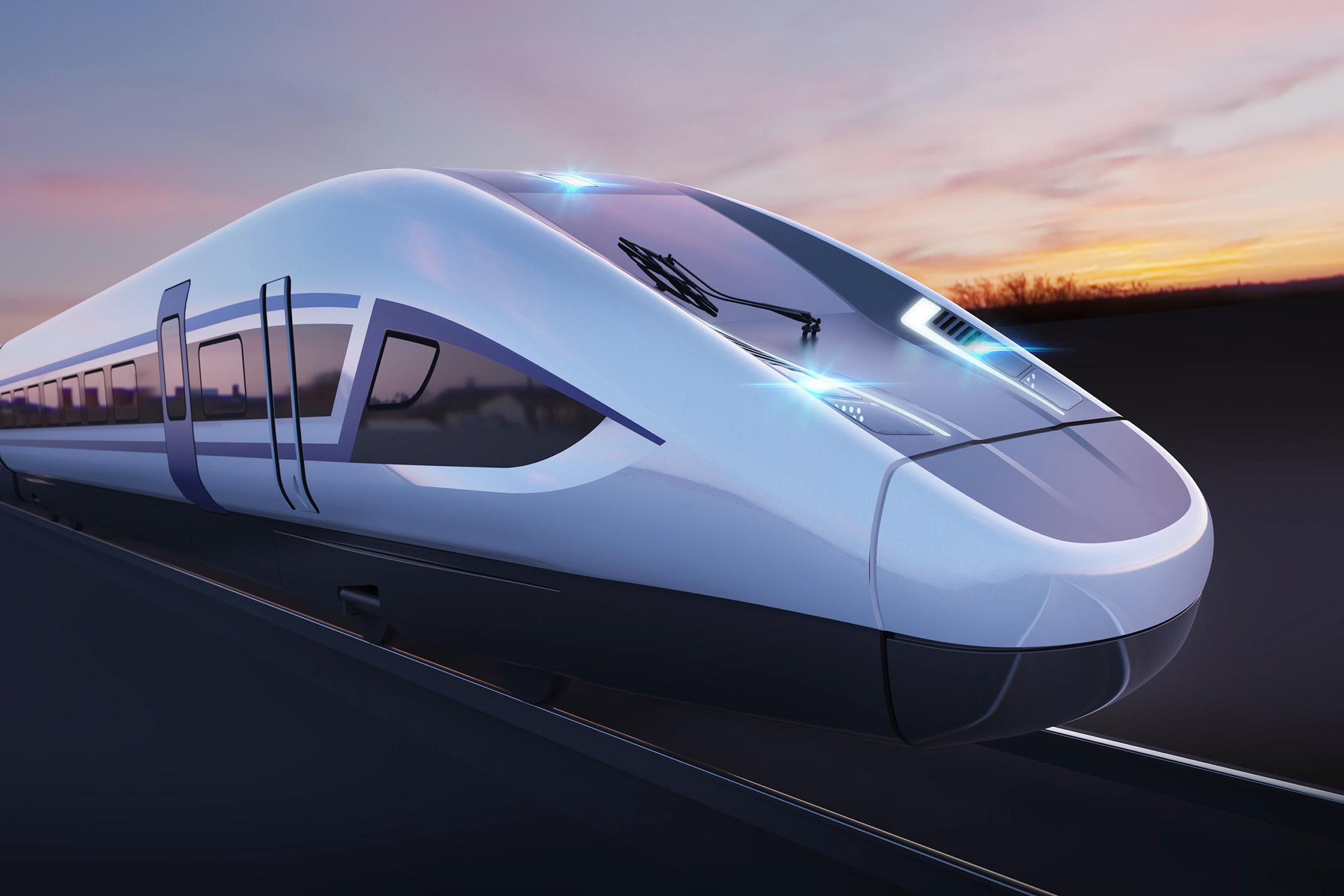Boris Johnson’s green light for the first stage of HS2 (High Speed 2) railway, connecting London to Birmingham, has been a long time in the coming and not without its controversies. Both within parliament and in the UK more generally, the expensive, disruptive, ‘grand project’ is a source of serious contention. Although only the first stage is being officially discussed, the railway eventually looks to connect London with Birmingham, and further North to Leeds and Manchester.
Conservative West Midlands Mayor, Andy Street, is an active supporting voice for the project, arguing that it will drive investment in the region, creating job opportunities in the cities of the Midlands and the North.
However, you only need to visit stophs2.org to understand the extent of the opposition to this project. ‘No business case, no environmental case and no money to pay for it’ are the protestors overarching claims.
They are not the only ones with these criticisms either, members of Boris Johnson’s own back bench are also vocal opponents of the scheme, calling it a vanity project, in which the economics do not add up. Johnson has been accused of pushing big projects to create the illusion of improvement and change after the stalemate of Brexit. However, the enormous budget is starting to get attention, could the money be better spent elsewhere?
The project was initially allocated a budget of £56 billion when it was proposed in 2015, but new estimates indicate it could now cost up to £106 billion.
Sir John Peace, chairman of Midland Connects, supports investment in Midlands transport but has expressed concerns that HS2 must maximise and integrate with regional transport strategies, improving the journey of commuters who use already existing networks.
This concern is also reflected in Northern MPs, who believe that the massive budget being given to HS2, would be better spent on Northern trains, public transport and intercity connections.
While HS2 looks to more thoroughly connect the North with the Midlands, and the South, it doesn’t tackle one of the most outstanding issues in British railway: Northern commuter services. Around the cities of Leeds, Manchester, Birmingham and Nottingham, people rely on regional train services every day to get them into the city. The government is constantly promoting the use of public transport to cut down on car use in the cities, but can commuters be blamed when the train services that get them into work are consistently delayed, cancelled and over-crowded?
Whilst Boris Johnson may have expected mass support for HS2 in the North and Midlands, this has not quite been the reality.
With the exception of London, the UK public is against the HS2 by 39% to 34% according to a recent YouGov Poll. This reflects the ineffectiveness of the railway in combatting the everyday issues of commuters and passengers. While it is less sexy to invest in commuter trains and regional networks, than to create a new £100 billion high-speed railway, my prediction is that it would have been a lot more popular.
There has been an effort to turn decision making around transport investment to local councils in the North: both Leeds and Manchester council have been given the power to decide their own railway priorities for themselves.
This will undoubtedly lead to a focus on commuting and urban transit. However, the amount of money allowed for these projects will be minuscule compared to the money pumped into the London-Birmingham HS2.
As a student at Leeds, from the South, the problem seems obvious. Travelling back from university, as long as you’re going to London, you get the luxury of the new LNER Azumers. They’re fast, comfortable and (ignoring the lack of luggage space at the end-of-term), they’re nice trains.
The contrast only becomes obvious if you instead travel to Sheffield, Manchester or York, where trains from Leeds are old, tightly packed and frankly, and, if you’re really unlucky, feel like a biscuit tin on wheels. Travelling from Leeds to Burley Park the one day a week that I work is also unpleasant, it is hot, crowded cancelled more often than not.
The inequality between Northern and Southern transport is undeniable, and the disregard of Northern issues has been further highlighted by the HS2 project. Do we really need another ‘London-magnetising’ project that benefits the richer, London end of the line much more than anywhere else?
Image: The Times

